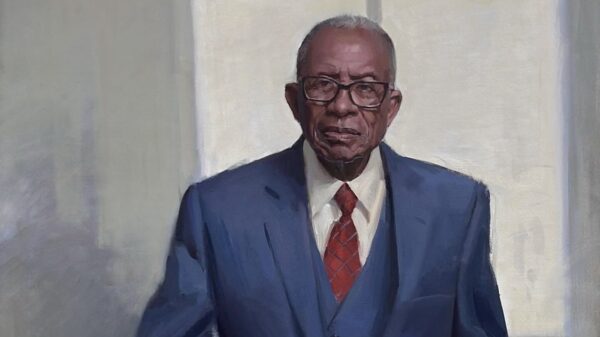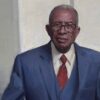By Josh Moon
Alabama Political Reporter
The Gwendolyn Boyd tenure at Alabama State University is officially over.
ASU’s Board of Trustees voted 8-6 on Friday, following a nearly six-hour meeting, to terminate her contract. Boyd was in her third year at the school and finishing up the first year of a three-year contract extension granted in Sept. 2015.
Following the vote oust Boyd, board chairman Ralph Ruggs announced the formation of a committee, headed by trustee Angela McKenzie, to find the school’s next president. Until that time, provost Leon Wilson will remain as interim president.
Friday’s outcome was not unexpected. The same eight trustees voted in early November to place Boyd on suspension and begin the termination process. Through a meeting and a full-blown hearing on Friday, they never seemed to waiver, although they also didn’t manage to sway other trustees to their side.
Friday’s meeting was transformed into a makeshift legal proceeding, as Boyd and her attorneys – famed civil rights lawyer Fred Gray and his son, Fred Gray Jr. – gave open statements, called witnesses and gave a closing.
Boyd herself spoke for two straight hours, as she addressed the list of items trustees had presented her as cause for her termination. She backtracked through the well-publicized problems that she inherited and that she and her staff had to navigate.
When Boyd finished, she called on five members of her staff to speak on various issues and offer answers to trustees’ questions about computer issues, fundraising, finance, inmate labor and campus security.
Those five witnesses were also subjected to questions from trustees, and the back-and-forth exchanges quickly revealed that the divide between some trustees and Boyd’s staff could not be fixed.
Possibly the most important testimony came from director of finance Wanda Smith, who spared no feelings and made no bones about the issues plaguing the campus.
“Some tough decisions have to be made around here,” Smith told the board. That came as she scolded trustees for not providing directions on how she should proceed when they failed to pass a budget for the year, and as she explained that there were – despite her efforts – still ASU employees spending university money on unauthorized purchases.
“You all told me that there could be no raises and I’ve made that clear to everyone on campus that there can be no raises, and even gone into every budget and cut raises out,” Smith said. “And do you know that still today there are people who are trying to put in for raises. This cannot continue like this.”
Smith’s testimony highlighted the problems on campus and the role that the issues in communication between Boyd and the trustees played in creating those problems.
And in the end, it was those communication issues, and the trustees’ feelings that Boyd had disregarded their directives, that led to her firing.
Where the university goes from here is unclear, although there is a popular theory: state Sen. Quinton Ross.
However, while many popular rumors place Ross as the favorite – mainly because he was the runner-up to Boyd for the position in 2013 – that same rumor mill was confident that Ross would be named president on Friday.
For his part, Ross told APR last month that he hasn’t been contacted by anyone at ASU about the job.























































